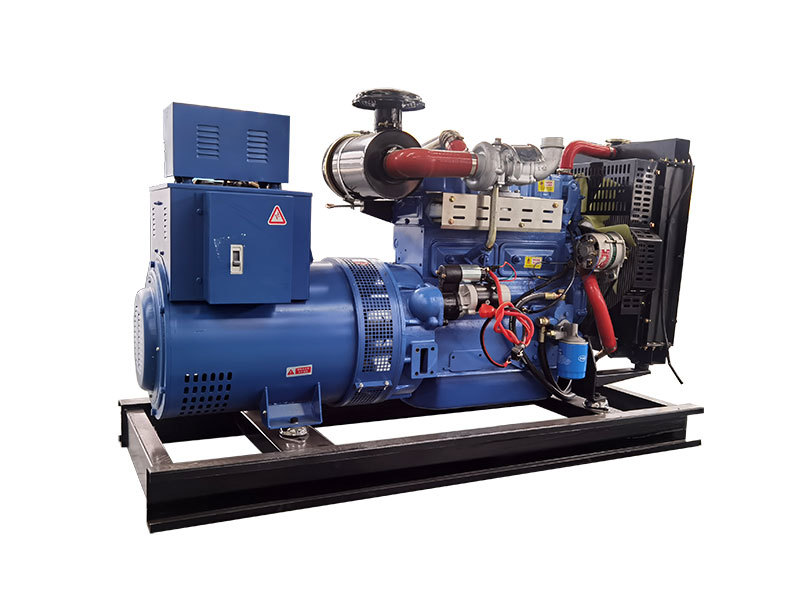Why Regular Generator Set Testing is Crucial
To be honest, we often take our electrical power for granted until we're suddenly faced with a power outage. That's when we rely on our backup generator sets to keep our homes or businesses running smoothly. But frankly speaking, if you haven't been conducting regular generator set testing, you might be in for an unpleasant surprise when you need it most.
Preventing Unexpected Failures
Generator sets are complex machines with many moving parts that can wear out or malfunction over time. Regular testing helps identify potential issues before they become catastrophic failures during an emergency. By addressing these problems early, you can prevent costly repairs and inconvenient downtime.
Maintaining Efficiency and Longevity
In my experience, one of the most significant benefits of regular generator set testing is maintaining efficiency and extending the lifespan of your equipment. A well-maintained generator set will not only perform better but also last longer, saving you money in the long run.
Optimizing Fuel Consumption
Did you know that a poorly maintained generator set can consume up to 15% more fuel than one that's regularly serviced? Regular testing ensures your generator set operates at peak efficiency, reducing fuel costs and environmental impact.
Ensuring Compliance and Safety
Depending on your industry or location, there may be regulations requiring regular generator set testing to ensure safety and compliance. Failure to adhere to these guidelines could result in fines, penalties, or even loss of certification.
Protecting Your Investment
Your generator set represents a significant investment, and regular testing is an essential part of protecting that investment. By keeping your equipment in top condition, you're not only ensuring reliable emergency power but also preserving its resale value.
Best Practices for Regular Generator Set Testing
So, how often should you test your generator set? Most experts recommend weekly or monthly tests, depending on the manufacturer's guidelines and your specific needs. Here are some best practices to follow:
Create a Maintenance Schedule
Document Your Test Results
- Keep detailed records of each test, including any issues identified and corrective actions taken.
- Review these records regularly to identify trends and address recurring problems.
Train Your Staff
- Ensure your team knows how to operate and maintain your generator set properly.
- Assign responsibility for regular testing and maintenance to a designated individual or team.
Conclusion
In conclusion, regular generator set testing is absolutely necessary to ensure reliability, maintain efficiency, and protect your investment. By following best practices and staying committed to routine maintenance, you can rest assured that your emergency power source will be there when you need it most.





